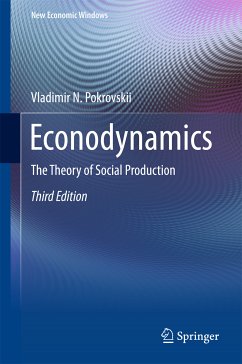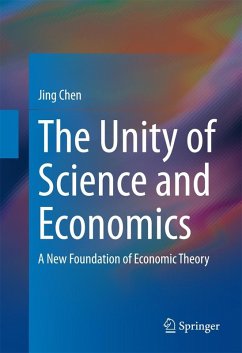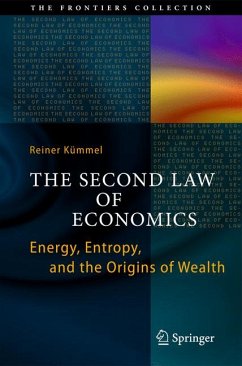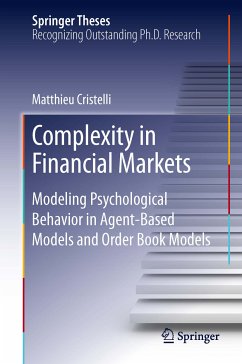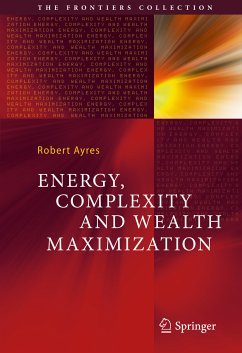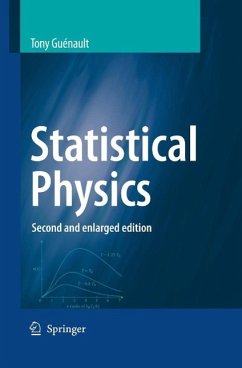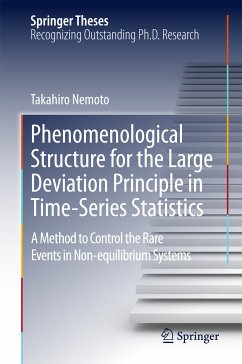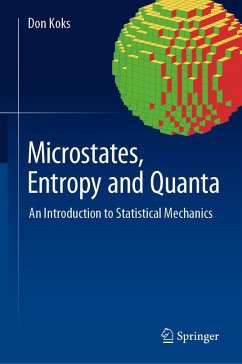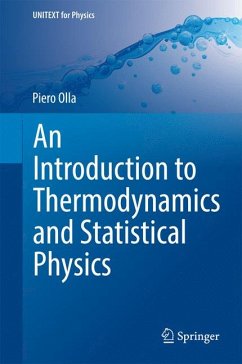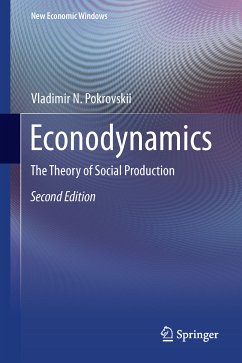
Econodynamics (eBook, PDF)
The Theory of Social Production
Versandkostenfrei!
Sofort per Download lieferbar
72,95 €
inkl. MwSt.
Weitere Ausgaben:

PAYBACK Punkte
36 °P sammeln!
In this book the theory of social production is systematically formulated in terms and concepts of classical political economy and neo-classical economics. In this way the subject becomes accessible not only to professional researchers in areas of the theory of production and economic growth, but also to the educated reader who is curious about the principles behind the functioning of a national economy. The book can be considered as an introduction for students with a background in physics, chemistry and engineering, who wish to specialize in economics. It is explained how the growth of produ...
In this book the theory of social production is systematically formulated in terms and concepts of classical political economy and neo-classical economics. In this way the subject becomes accessible not only to professional researchers in areas of the theory of production and economic growth, but also to the educated reader who is curious about the principles behind the functioning of a national economy. The book can be considered as an introduction for students with a background in physics, chemistry and engineering, who wish to specialize in economics. It is explained how the growth of production is connected with achievements in technological consumption of labour and energy. The theory allows one to analyse the past and the present of the social production system and to build scripts of the future progress. The book could be interesting for energy specialists who are engaged in planning and analysing production and consumption of energy carriers and determining energy policy, and for economists who want to know how energy and technology are affecting economic growth.
Dieser Download kann aus rechtlichen Gründen nur mit Rechnungsadresse in A, B, BG, CY, CZ, D, DK, EW, E, FIN, F, GR, HR, H, IRL, I, LT, L, LR, M, NL, PL, P, R, S, SLO, SK ausgeliefert werden.




